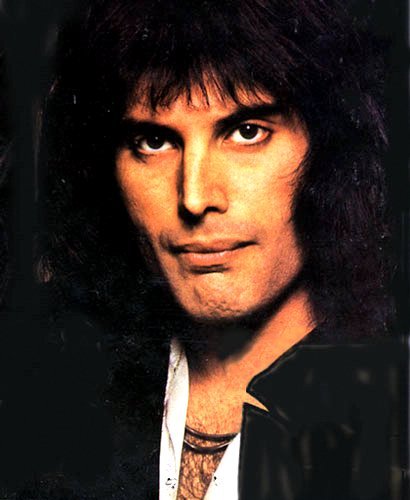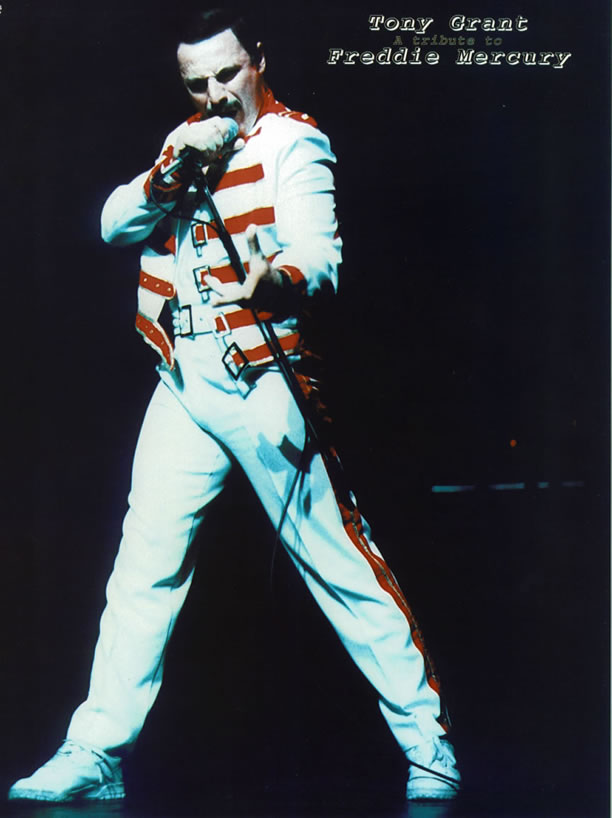




Queen Freddie Mercury
Although Freddie Mercury's speaking voice naturally fell in the baritone range, he delivered most songs in the tenor range. His vocal range extended from bass low F (F2) to soprano high F (F6). He could belt up to tenor high F (F5). Biographer David Bret described his voice as "escalating within a few bars from a deep, throaty rock-growl to tender, vibrant tenor, then on to a high-pitched, perfect coloratura, pure and crystalline in the upper reaches". Spanish soprano Montserrat Caballé, with whom Mercury recorded an album, expressed her opinion that "the difference between Freddie and almost all the other rock stars was that he was selling the voice". She adds, "His technique was astonishing. No problem of tempo, he sung with an incisive sense of rhythm, his vocal placement was very good and he was able to glide effortlessly from a register to another. He also had a great musicality. His phrasing was subtle, delicate and sweet or energetic and slamming. He was able to find the right colouring or expressive nuance for each word." As Queen's career progressed, he would increasingly alter the highest notes of their songs when live, often harmonising with seconds, thirds or fifths instead. Mercury was said to have "the rawest vocal fold nodules" and claimed never to have had any formal vocal training.
Songwriter
Mercury wrote 10 of the 17 songs on Queen's Greatest Hits album: "Bohemian Rhapsody", "Seven Seas of Rhye", "Killer Queen", "Somebody to Love", "Good Old-Fashioned Lover Boy", "We Are the Champions", "Bicycle Race", "Don't Stop Me Now", "Crazy Little Thing Called Love" and "Play the Game".
The most notable aspect of his songwriting involved the wide range of genres that he used, which included, among other styles, rockabilly, progressive rock, heavy metal, gospel and disco. As he explained in a 1986 interview, "I hate doing the same thing again and again and again. I like to see what's happening now in music, film and theatre and incorporate all of those things." Compared to many popular songwriters, Mercury also tended to write musically complex material. For example, "Bohemian Rhapsody" is acyclic in structure and comprises dozens of chords. He also wrote six songs from Queen II which deal with multiple key changes and complex material. "Crazy Little Thing Called Love", on the other hand, contains only a few chords. Despite the fact that Mercury often wrote very intricate harmonies, he also claimed that he could barely read music. He wrote most of his songs on the piano and used a wide variety of different key signatures.
No comments:
Post a Comment